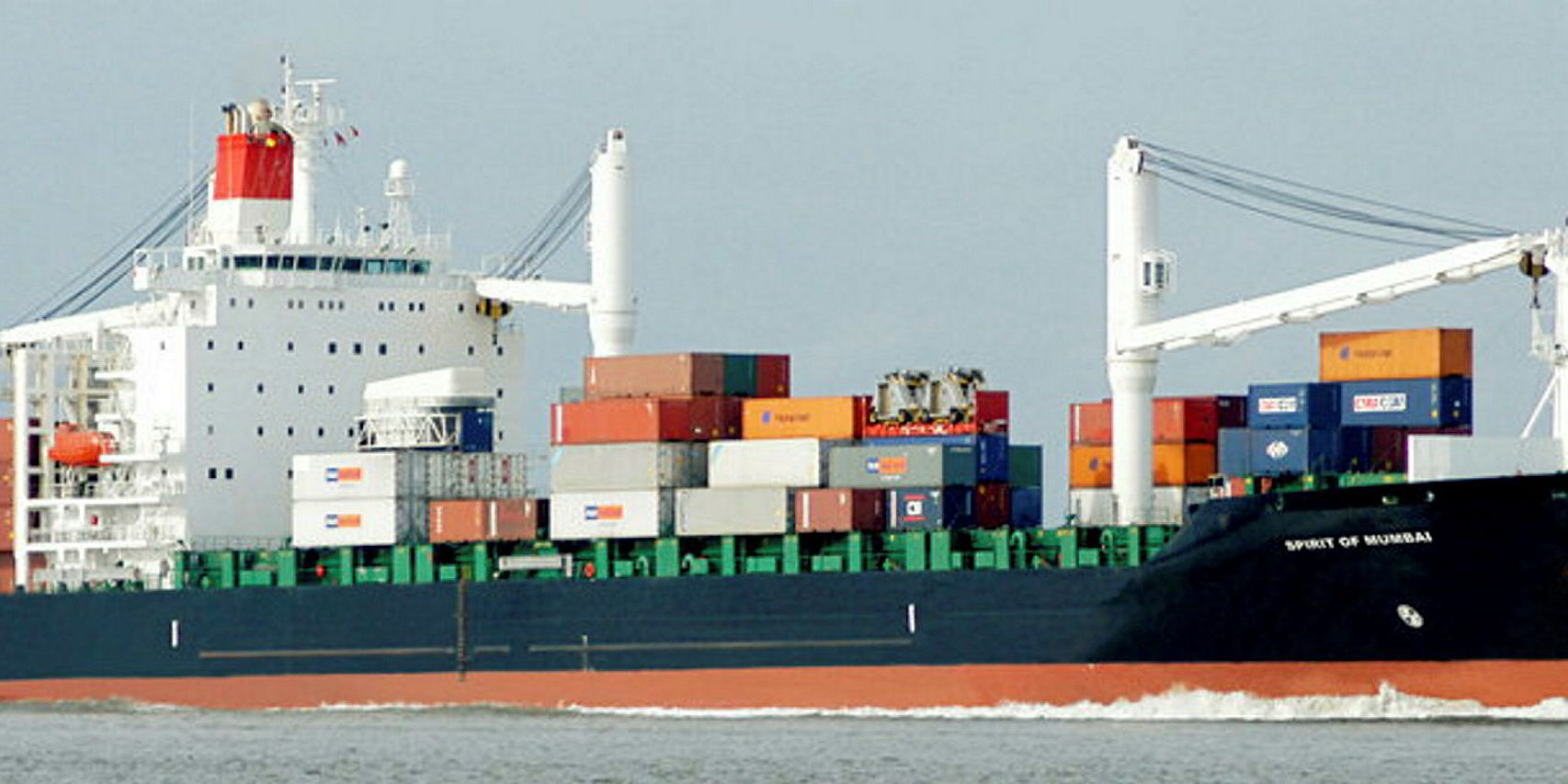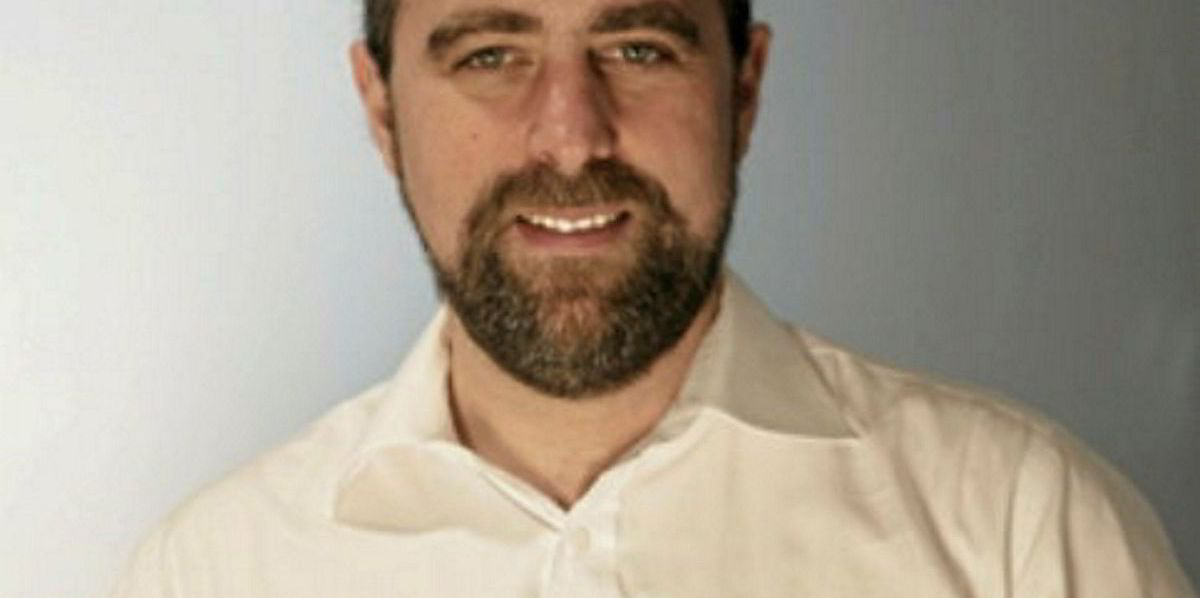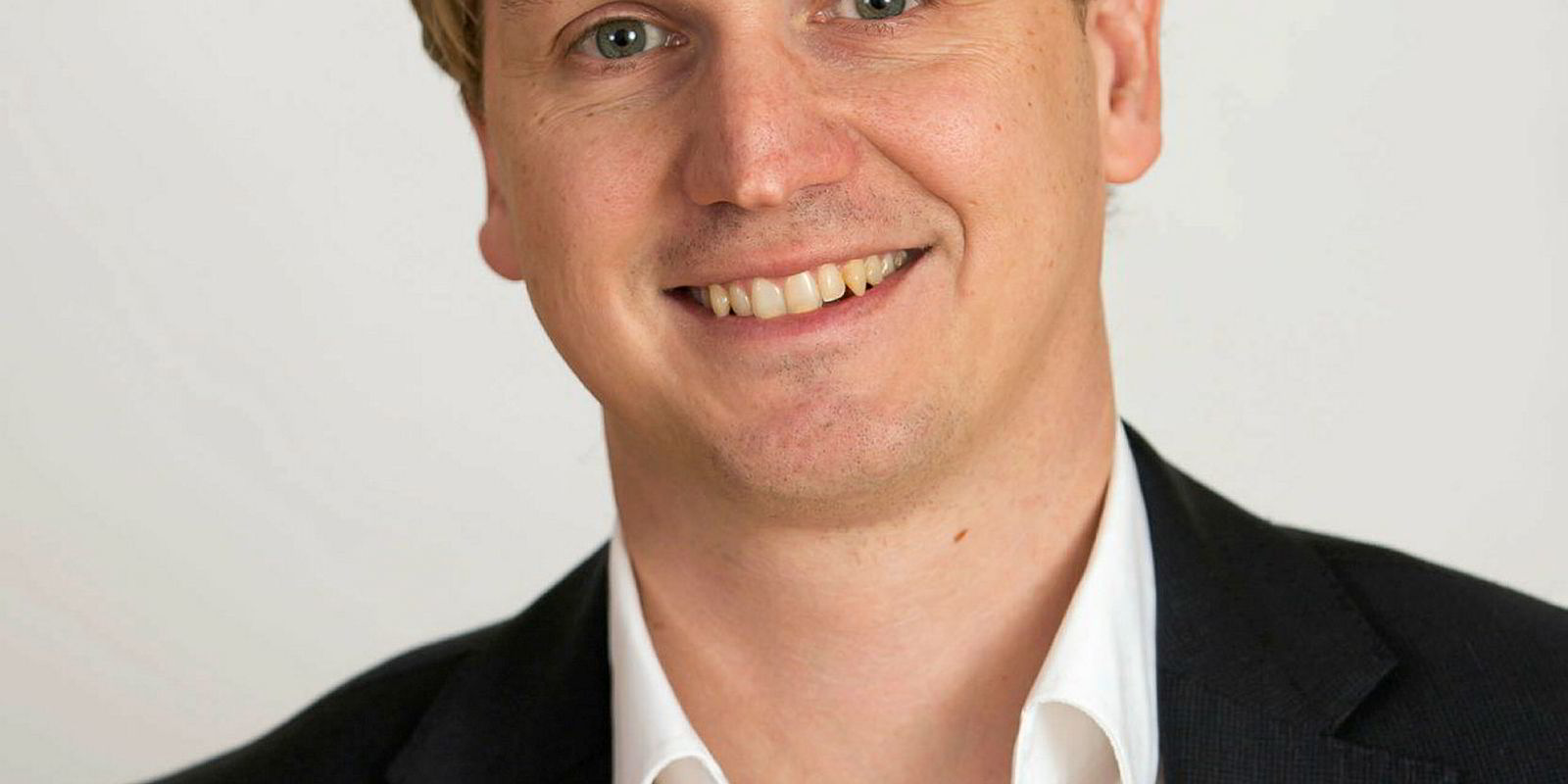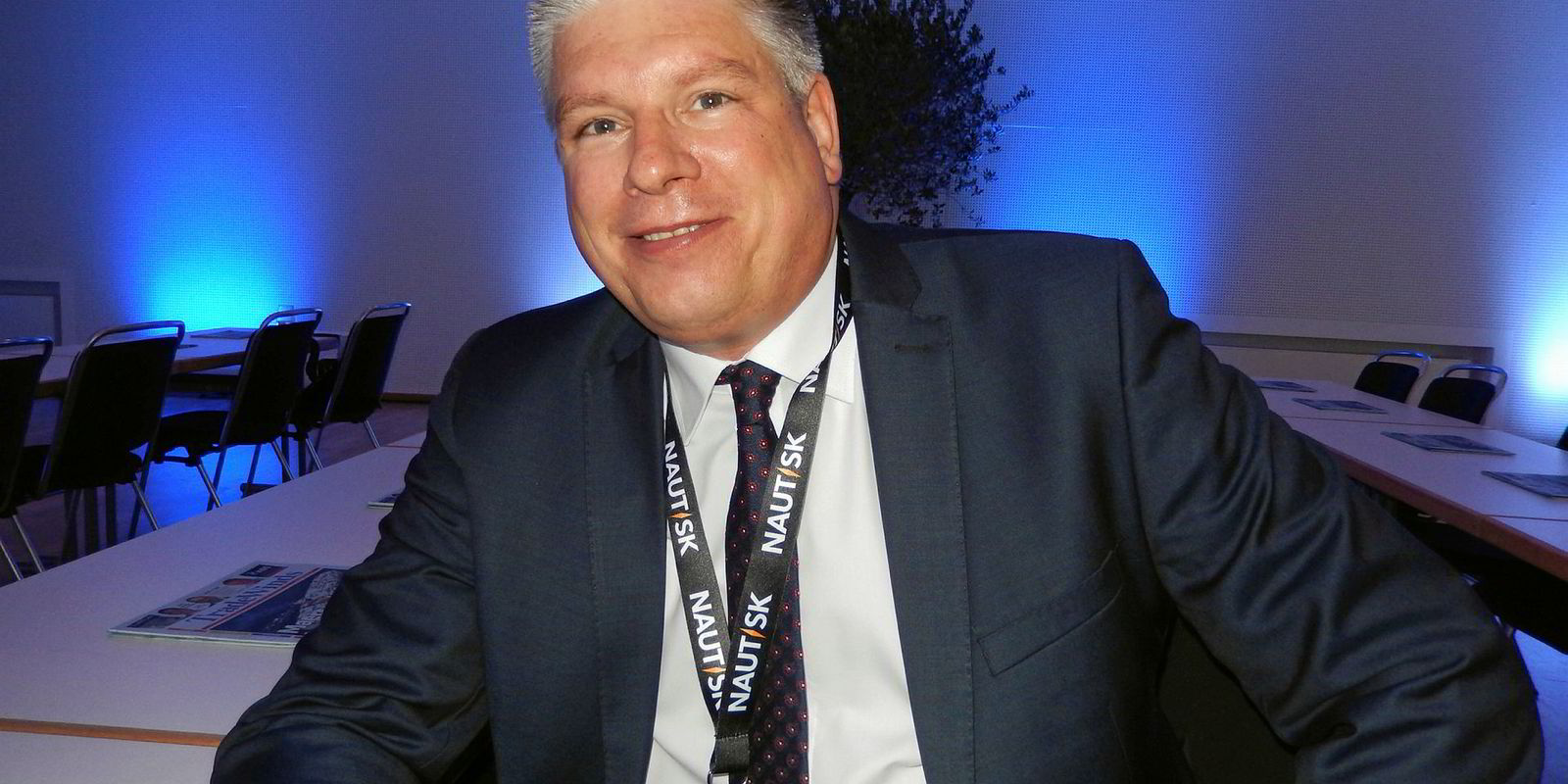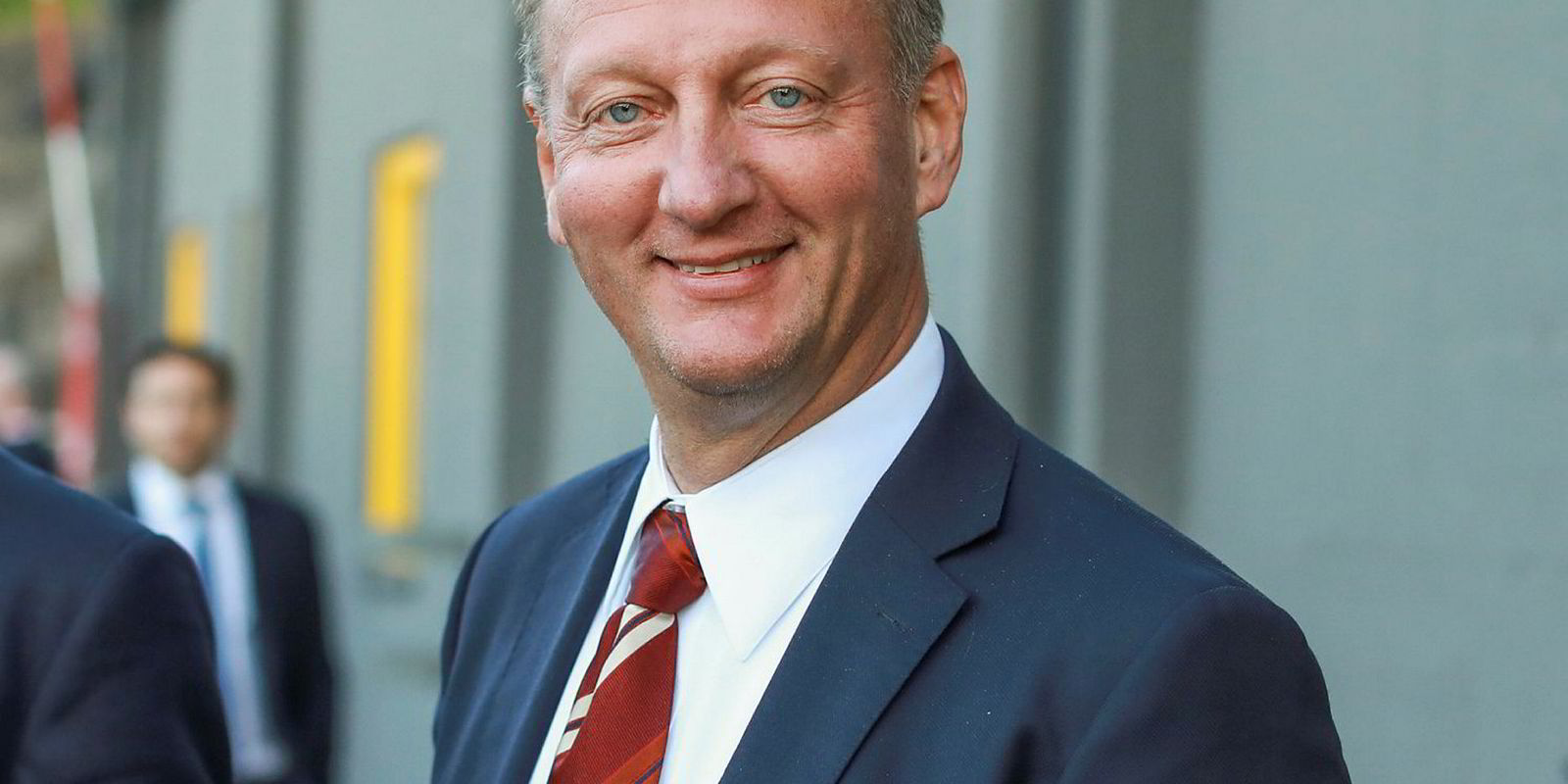PT-Shipmanagement’s Patrick Toll says a key benefit of shipmanagers using digital software is transparency. Owners can examine data to see what has been spent and, when requested, approve costs at the push of a button.
The next step is collecting data from machinery onboard ships to facilitate condition-based maintenance.
PT-Shipmanagement’s inspection and condition reports are already prepared with pre-defined questions. Responses can be sent instantly by computer from a ship wherever it is located.
By monitoring, for example, lube oil stocks, ships can benefit by ordering in advance at ports offering the best prices using information available online.
“We are collecting data to show what products cost and where,” says Toll, who has already compiled a catalogue, provided to its clients’ vessels, of about 1,600 items.
Chief engineers receive online details of suppliers in the region they are sailing, along with prices.
Reducing headcounts
Returning such responsibilities to the ship reduces office headcounts and the need for shore-based purchasers.
Toll concedes that the software can be acquired by anyone but evidence points to large corporates with old systems being slow at implementing the modules.
We are collecting data to show what products cost and where
The biggest enemies of innovation or moving forward into the cloud are internal IT systems or IT employees “because they know when they go to the cloud they will have less work to do and most probably they will reduce staff”, says Toll.
He claims his annual shipmanagement fees are between $70,000 and $85,000, compared with the lowest he is aware of in the Hamburg area of $82,000.
Instead of the typical management industry average of two people to each vessel, PT-Shipmanagement claims its system means a single person can manage two ships.
'Fantastic' apps
Dr Kurt Klemme, managing director of Reederei Nord, says “digital is becoming big time also with us. Hamburg-based Reederei Nord uses Bernhard Schulte’s MariApps Marine Solutions, which Klemme says takes time to adjust to but is “fantastic”.
Automation of traditional form filling, printing, scanning and transmission alone can save 5% of an operator’s day.
But technology cannot replace superintendents. Managers still need to know and trust those onboard, as industry malpractices, such as misreporting bunker purchases, are not uncommon.
"Know your people," is Klemme’s advice.
